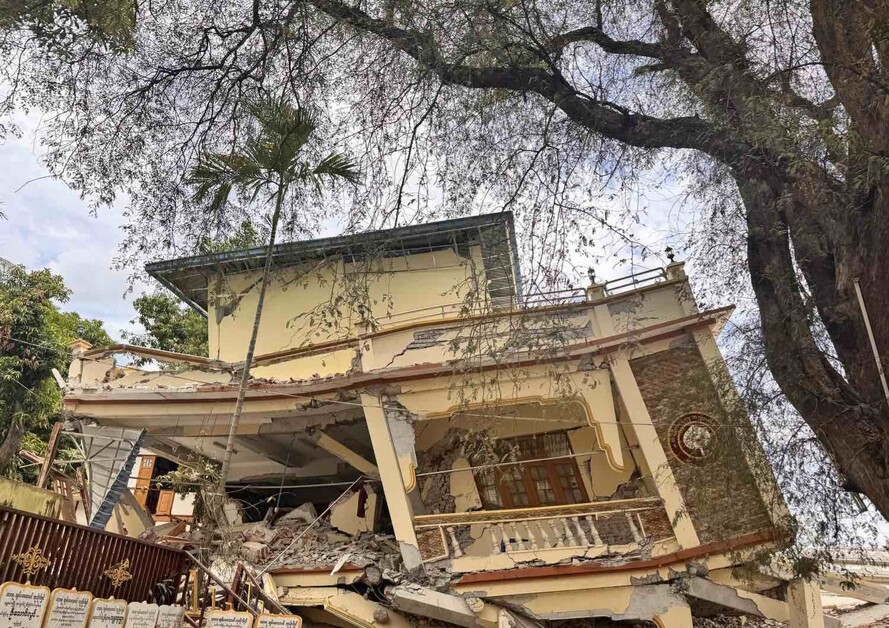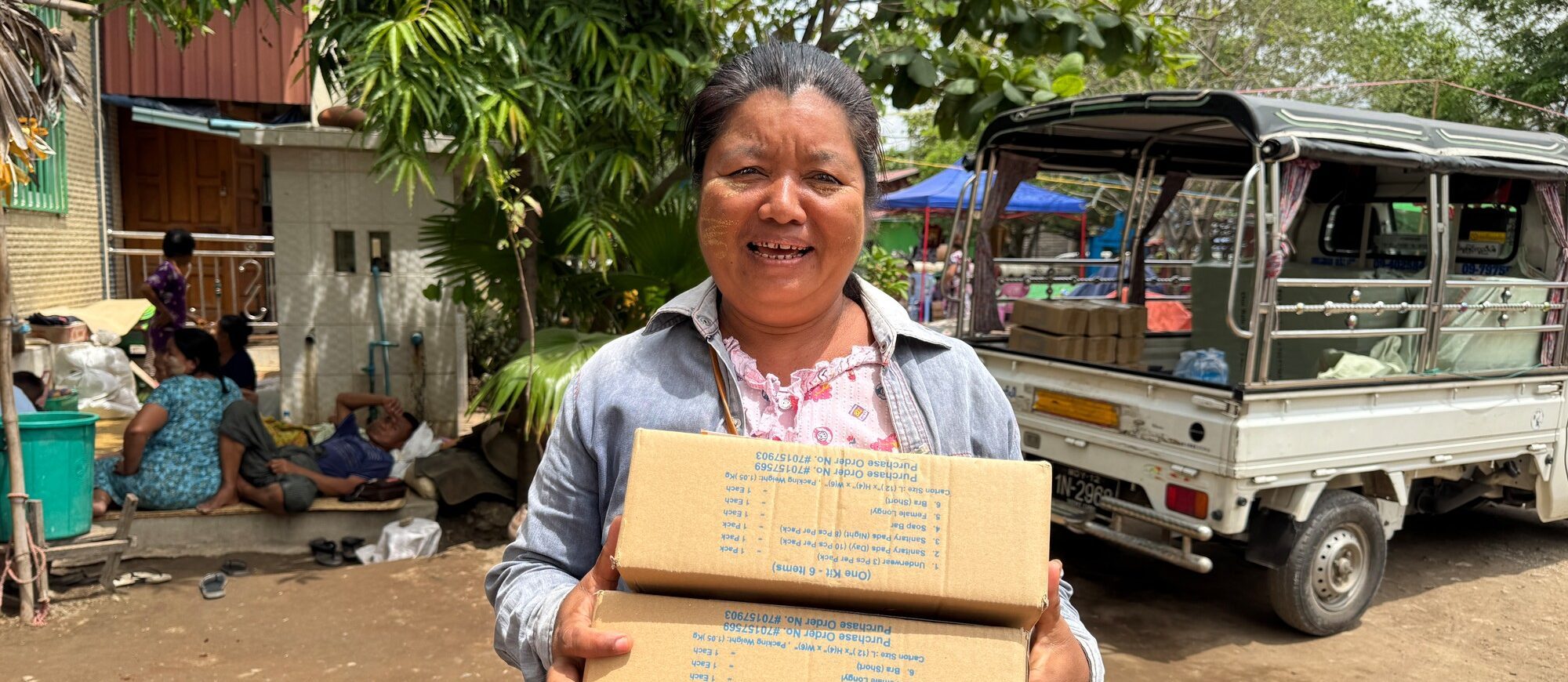In Myanmar, CARE works to improve living standards in rural communities by improving access to healthcare, food, livelihoods, water, sanitation, and hygiene.
CARE first began work in Myanmar (then Burma) in 1950 through a partnership with UNESCO and has been working consistently in Myanmar since 1995.
Today, Myanmar remains engulfed in civil conflict and authoritarian rule despite international diplomatic pushes. The devastating March earthquake worsened humanitarian and economic pressures.
Our programs in Myanmar work to address inequalities faced by women and girls. In particular, CARE Myanmar aims to bring about lasting impact for women and girls who experience socio-economic injustice in remote, rural and conflict-affected areas. The priority impact sub-groups are women and girls who are denied their rights and protection; those who do not have equitable access and control over productive resources and services, and those who are excluded due to social norms and stigma.
CARE’s work in Myanmar also focuses heavily on health education, HIV prevention, and nutritional support for children and pregnant women. We also support farmers to grow crops and rear livestock, help people access basic financial services, and provide emergency relief when needed and are committed to providing continued post-emergency support.
Fast Facts
Population: 54.13 million
Life expectancy: 67 years (male: 64 years, female: 70 years)
Infant mortality: 35.8 deaths/1,000 live births
Under-5 mortality*: 34 deaths per 1,000 live births
Maternal mortality: 178 per 100,000 live births
Adult literacy rate: 75–76%, 80% male / 71–72% female
Access to improved drinking water: 82% total
Access to improved sanitation: 77.4% (84.3% urban, 73.9% rural)
Labour force participation rate^: 82% male / 75% female
GDP per capita: USD 1,233
Source: CIA World Factbook, WHO, *UNICEF, ^World Bank
Earthquake emergency in Myanmar
On March 28, 2025, Myanmar experienced a 7.7 magnitude earthquake, with its epicenter in Sagaing Region, near the center of Myanmar. A state of emergency was declared in Sagaing, Mandalay, Magway, Eastern Shan, Naypyidaw, and Bago regions.
6.3 million urgently needed aid, including many already vulnerable due to conflict and poverty. Myanmar was already facing a severe humanitarian crisis, and the earthquake exacerbated these challenges, putting additional strain on the country’s resources and response capabilities.
CARE has reached over 10,652 people with humanitarian assistance so far. This includes food and water access, medical attention for the injured, and medical supplies, emergency shelter, and distribution of hygiene kits.

Donate now
CARE in Myanmar is working alongside local partners delivering aid to impacted communities following the catastrophic earthquake. Please donate today.

